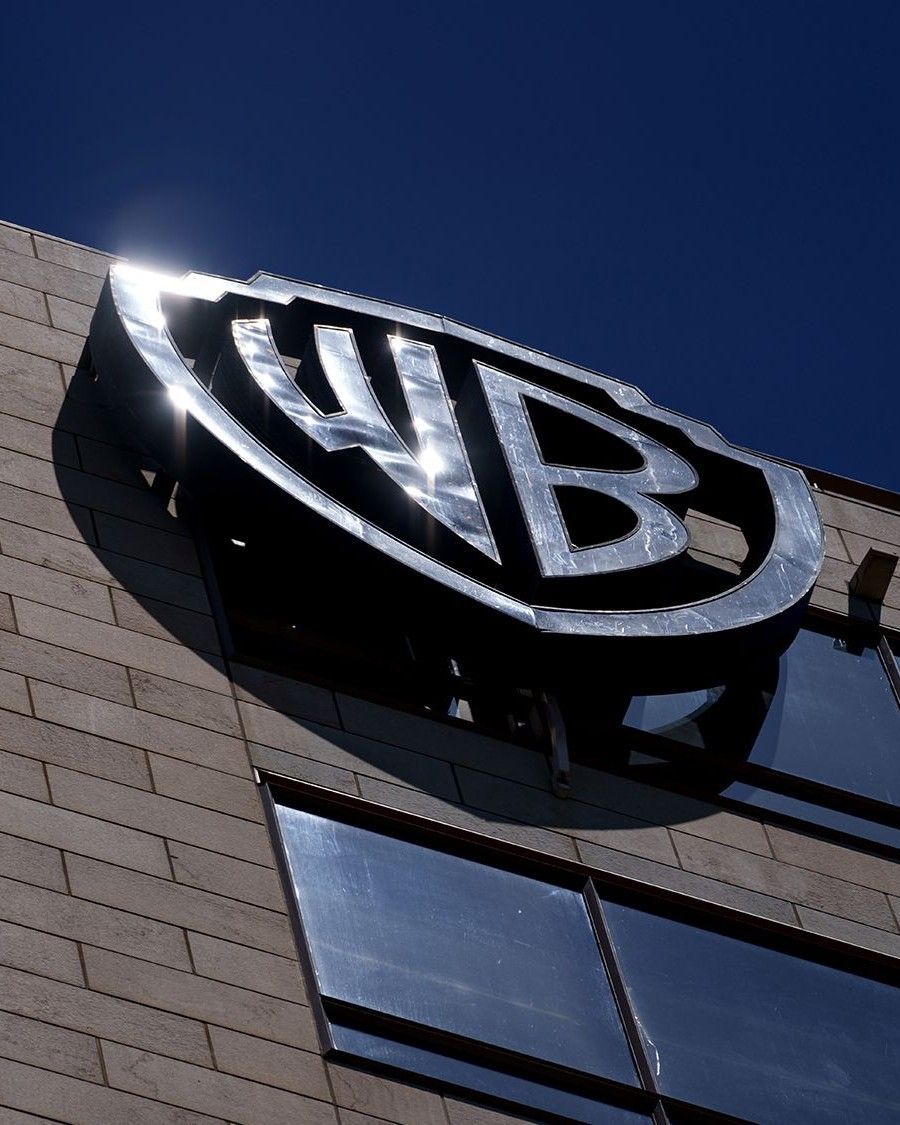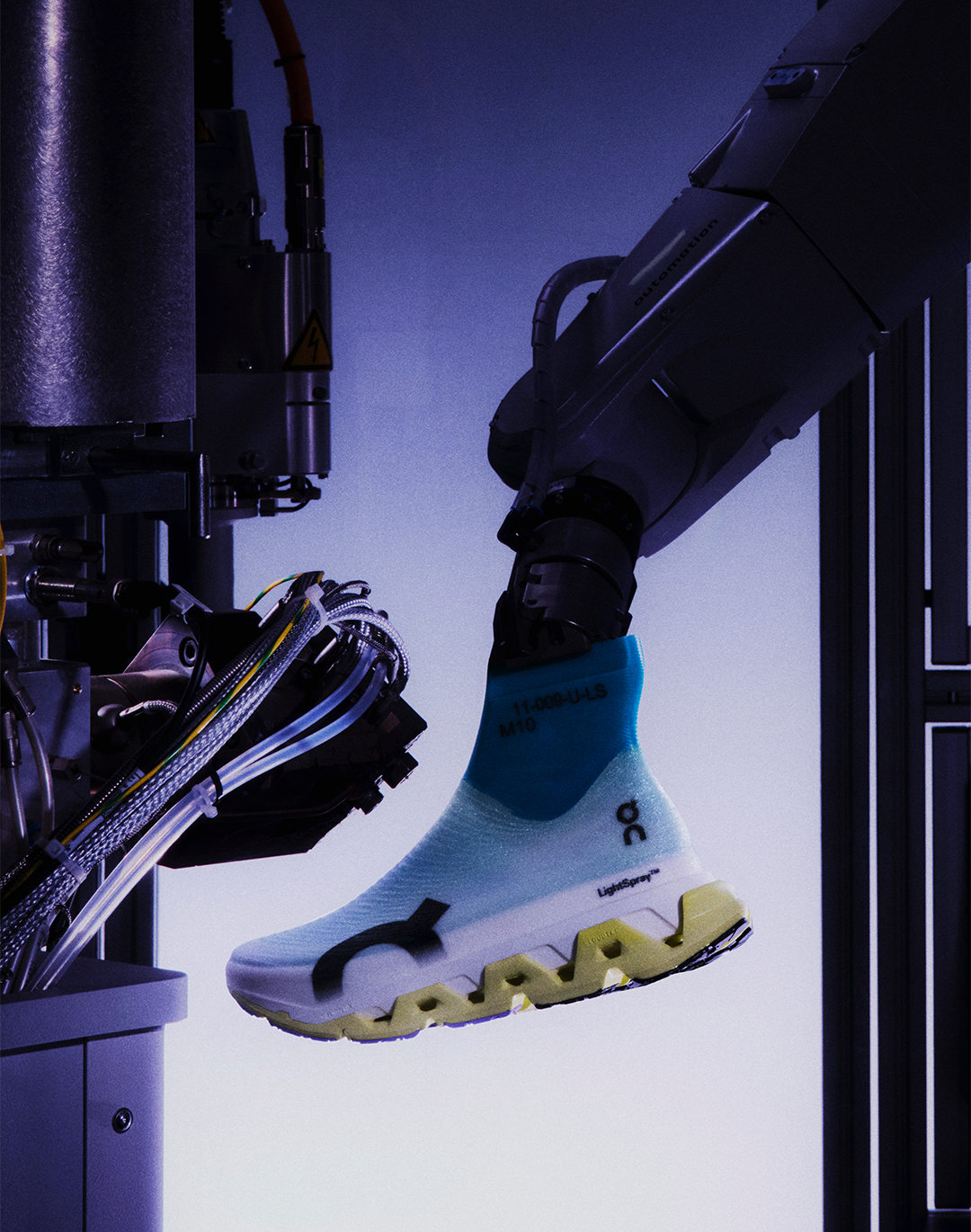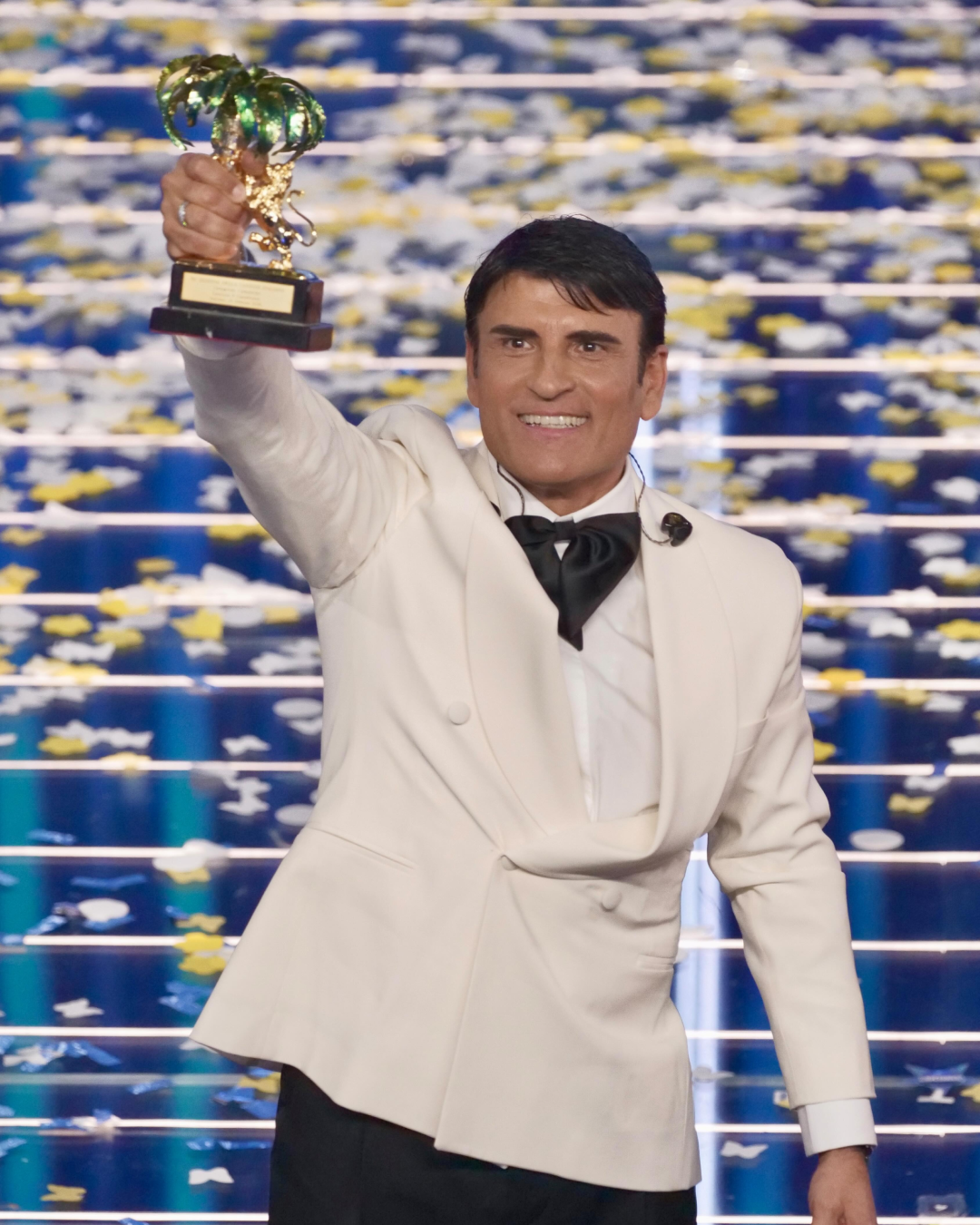
The Trump government and Jeff Bezos had a quarrel Because Amazon was showing customers the tariff surcharge
America’s Golden Age is also shaped through scoldings over the phone. As BBC reported, on Tuesday morning President Donald Trump personally called Amazon founder Jeff Bezos to express his anger over reports that the company had planned to inform consumers about how tariffs impact the prices of certain products. The phone call, which came just hours after the news broke, marked the start of a political clash that quickly spiraled into a broader debate over transparency, trade, and corporate responsibility. According to two senior White House officials who spoke to CNN on condition of anonymity, Trump was briefed on Amazon’s plan by an aide shortly after the publication of the Punchbowl News report. The article stated that Amazon was soon going to display a separate line item indicating the portion of a product’s price that resulted from tariffs—particularly for items sold through Amazon Haul, a low-cost platform launched to compete with rivals like Shein and Temu.
@cspanofficial White House Press Secretary Karoline Leavitt on Tuesday called Amazon’s reported plans to display how much tariffs are increasing prices next to products a “hostile and political act.” “I just got off the phone with the president about this, about Amazon’s announcement. This is a hostile and political act by Amazon,” Ms. Leavitt told reporters about the story from Punchbowl News. “Why didn’t Amazon do this when the Biden administration hiked inflation to the highest level in 40 years? And I would also add that it’s not a surprise because, as Reuters recently wrote, Amazon has partnered with a Chinese propaganda arm. So this is another reason why Americans should buy American.” Amazon later denied that it was ever considering adding the price increases to its main website but said Amazon Haul was considering listing import price duties on certain products. Amazon founder Jeff Bezos declined to endorse either President Trump or Vice President Kamala Harris in 2024, but blocked the Washington Post, which he owns, from endorsing Ms. Harris. He was also given a prominent seat at President Trump’s January inauguration. Asked about the status of the president’s relationship with Mr. Bezos, Ms. Leavitt said, “I will not speak to the president’s relationships with Jeff Bezos. But I will tell you that this is certainly a hostile and political action by Amazon.” Treasury Secretary Scott Bessent then highlighted administration efforts to bring down inflation, noting that mortgage rates and energy prices have fallen and that reregulation would give Americans greater purchasing power. #amazon #whitehouse #karolineleavitt #jeffbezos #trump #cspan original sound - C-SPAN
Such a move would make clear to consumers how Trump’s tariff regime—which includes a 145% tax on Chinese imports and a base 10% tariff on goods from all other countries—affects final prices. “He was obviously furious,” one of the officials told CNN. “Why would a multibillion-dollar company want to pass costs on to consumers?” It’s an interesting way to protest a transparency policy, and suggests that American companies are expected to absorb the costs and keep prices low for customers—something that would inevitably strain their budgets. In any case, within an hour, Trump had already called Bezos. Although the full content of the call remains confidential, Trump enthusiastically described the conversation to reporters. “Jeff Bezos was very nice. He was fantastic. He fixed the problem very quickly. He’s a good guy,” he said.
Casar: If anyone ever doubted that Trump, Musk, Bezos, and the billionaires are all on one team, just look at what happened at Amazon today. Bezos immediately caved and walked back a plan to tell Americans how much Trump’s tariffs are costing them. Bezos who spent 40 million on… pic.twitter.com/t7y4qMgq0C
— Acyn (@Acyn) April 29, 2025
The “problem,” according to the president, was the possibility that American consumers would see the financial impact of the tariffs—imposed as part of the administration’s strategy to reduce reliance on Chinese supply chains. For the White House, such disclosure was not just unwelcome; it was politically explosive. During a press conference that same morning, White House Press Secretary Karoline Leavitt directly addressed the issue, delivering one of the harshest rebukes this administration has made toward a private corporation. “This is a hostile, political act by Amazon,” she said. “Why didn’t Amazon do this when the Biden administration drove inflation to the highest level in 40 years?” Leavitt went further, suggesting the plan was part of a broader alignment between Amazon and foreign interests. She cited a Reuters report from 2021 that claimed Amazon censored negative reviews of Xi Jinping’s speeches on its Chinese platform. “Amazon has worked with a Chinese propaganda arm,” she stated. “It’s another reason Americans should buy American.”
Commerce Secretary Howard Lutnick also weighed in during an interview with CNBC, downplaying the impact of tariffs on consumer prices and characterizing the reported move as a politicized gesture. “It’s a hostile act if a company goes out of its way to make it look like tariffs caused a price increase,” he said. “It’s absurd. A 10% tariff will barely change any price. The only price it would change is a product we don’t make here—like a mango.”
Meanwhile, Amazon sought to distance itself from the report. In a statement issued to multiple news outlets, a spokesperson said that while the idea of indicating import costs had been internally discussed for Amazon Haul, it had never been approved. “This option was never approved and will not be implemented,” they clarified. “The team that manages Amazon Haul, our low-cost storefront, considered the idea of showing import costs on some products. It was never approved and won’t be implemented.” The company also emphasized that the plan was never considered for its main platform, Amazon.com.
Despite Amazon’s denial, the episode triggered widespread reaction. In the Senate, Minority Leader Chuck Schumer expressed support for more tariff transparency, urging companies to clearly show customers how much more they are paying due to trade policies. “To the big companies selling to consumers, I say: show your customers how much tariffs are taking out of their pockets,” he said. “People deserve to know the impact tariffs have on their finances.”
Jeff Bezos is getting his ass kicked by the tariffs so he is going to put that charge next to the shipping price in your Amazon orders in the future.
— Quadcarl (@quadcarl_carl) April 29, 2025
Maybe he should’ve let the Washington Post be critical of Trump? pic.twitter.com/38nFYsGXxD
According to internal Amazon sources, the discussion around transparency began after the end of the tariff exemption for shipments from China under $800. They insist the decision not to proceed with showing the costs was not made in response to pressure from the White House. The issue reflects growing tension between the administration’s protectionist strategy and the realities of a global supply chain. Even though Bezos “fixed the problem,” as Trump put it, the broader question remains open: should companies be allowed—or even encouraged—to disclose the hidden costs of protectionist policies? Or, as the White House seems to believe, is such transparency inherently a political act?














































